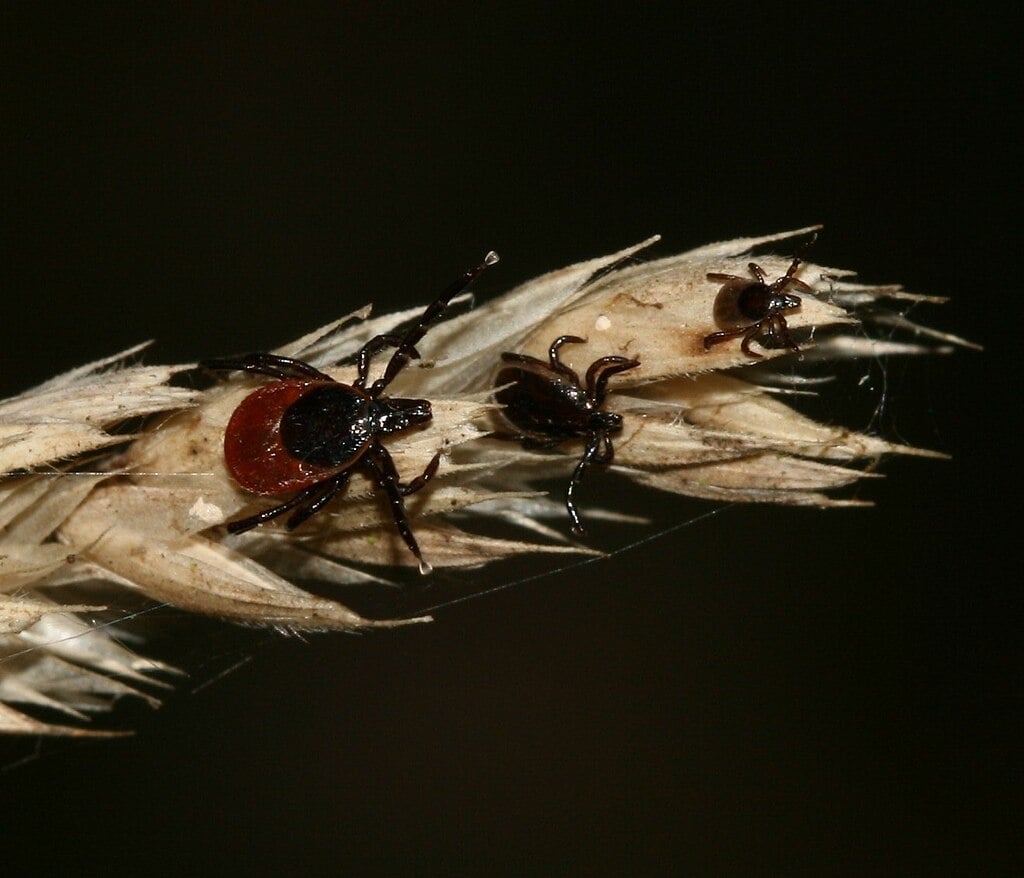

Blog


Types of Ticks in Indiana Lawns: Homeowner Identification Guide

~3 mins

How Many Rounds of Perimeter Pest Control Does Your Home Need?

~4 mins

What Can a Soil Test Tell You About Your Lawn?

~3 mins

Everything You Need to Know About Annual Bluegrass

~4 mins

The Importance of Soil Health and the Real Reason Your Lawn Struggles

~4 mins

How to Prepare Your Indiana Lawn for Winter

~4 mins

What Happens If I Don’t Rake Up the Leaves in My Yard?

~3 mins

What is Winterizer Fertilizer and is it Necessary for Indiana Lawns?

~4 mins

How to Know it’s Time for a New Lawn Care Service in Indiana

~3 mins